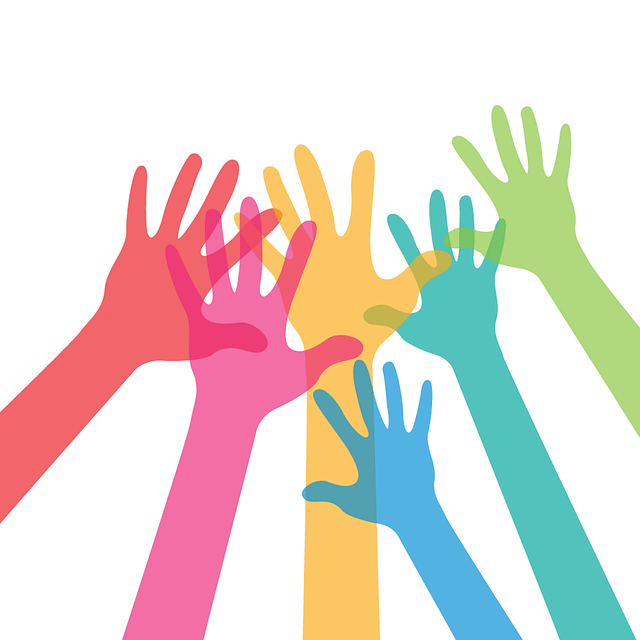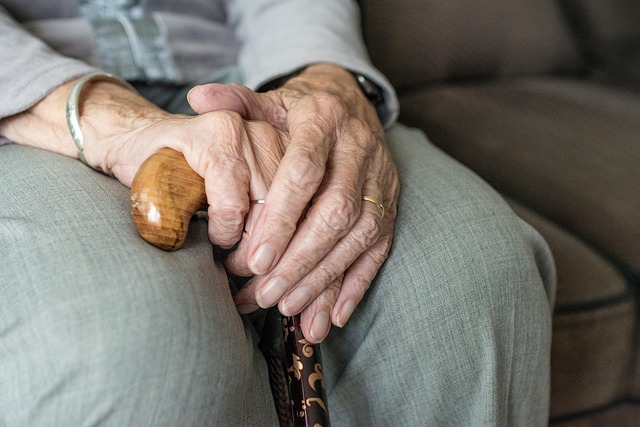Oregon's child welfare system prioritizes protection and support for at-risk youth through collaborative agency efforts led by the Oregon Department of Human Services (DHS). The DHS Child Welfare Division investigates abuse and neglect, offers temporary placements, and aids families in resolving issues while legal support safeguards rights of parents and children. Low-income families can access various legal aid programs providing free or reduced-cost services to navigate complex proceedings, ensuring fairness and protecting all parties' rights throughout the child welfare process.
In Oregon, understanding the child welfare system is crucial for parents and guardians facing legal challenges. This article provides a comprehensive guide to navigating Oregon’s complex legal landscape regarding child welfare. We explore key aspects such as parental rights, legal assistance for low-income families, and court involvement. By delving into these topics, readers will gain valuable insights into their rights and access to legal support Oregon offers, ensuring informed decision-making in child welfare cases.
- Understanding Oregon's Child Welfare System
- Rights of Parents and Guardians in Oregon
- Legal Assistance for Low-Income Families
- Navigating Court Involvement in Child Cases
Understanding Oregon's Child Welfare System

Oregon’s child welfare system is designed to protect and nurture children who may be at risk or in need of safe, stable homes. It involves various agencies working collaboratively to ensure the well-being of youth. At the core of this system is the Oregon Department of Human Services (DHS), which oversees and coordinates services for vulnerable children and families. The DHS Child Welfare Division investigates reports of child abuse and neglect, provides temporary placement, and works with families to resolve issues that led to involvement in the child welfare system.
Understanding the legal aspects within this framework is crucial. Legal support plays a vital role in Oregon’s child welfare system by ensuring the rights of both children and parents are protected throughout the process. It helps navigate complex laws and policies, facilitates fair outcomes, and guides families towards rebuilding their lives. When families face challenges related to child welfare, accessing legal aid can make a significant difference in their journey towards reunification or alternative permanency plans.
Rights of Parents and Guardians in Oregon

In Oregon, parents and guardians have specific rights when it comes to child welfare cases. These rights are designed to ensure a fair process and protect the interests of both the family and the child. One of the key aspects is the right to legal support. Parents are entitled to seek assistance from legal aid organizations or private attorneys who specialize in family law and child welfare. This legal support is crucial in navigating complex procedures, understanding their options, and advocating for their rights throughout the process.
Additionally, parents have the right to be informed about all aspects of the case, including any allegations made against them and the potential outcomes. They can also request a hearing to dispute any decisions made by child welfare authorities. With proper legal support, parents can better protect their parental rights and ensure the best possible outcome for their children.
Legal Assistance for Low-Income Families

In Oregon, low-income families facing child welfare issues often find themselves at a disadvantage due to the complex nature of legal proceedings. However, there is help available in the form of legal assistance programs designed specifically to support these families. These initiatives aim to ensure that all parents, regardless of their financial status, have access to representation and guidance during critical moments in their lives.
Legal support services in Oregon provide a range of benefits, from helping families understand their rights and navigate the court system to offering advice on potential outcomes and options. Many organizations offer pro bono or reduced-fee legal services, making high-quality legal assistance more accessible. This support is crucial in ensuring that vulnerable children are protected while also empowering their parents to make informed decisions throughout the child welfare process.
Navigating Court Involvement in Child Cases

Navigating court involvement in child cases can be complex and intimidating, especially for parents or guardians who may be facing difficult circumstances. In Oregon, legal support plays a crucial role in ensuring fairness and protecting the rights of all parties involved. The state offers various resources to assist families, including legal aid organizations that provide free or low-cost legal services to those who qualify. These organizations help parents understand their rights, represent them in court, and advocate for the best interests of their children.
When a child welfare case reaches the court system, having competent legal representation can make a significant difference. Legal professionals specialized in family law and child welfare work diligently to protect the rights of parents while ensuring the safety and well-being of the child. They guide clients through the legal process, explain complex terminology, and help them make informed decisions. By providing legal support, these professionals contribute to outcomes that focus on the child’s long-term stability and family preservation whenever possible.
